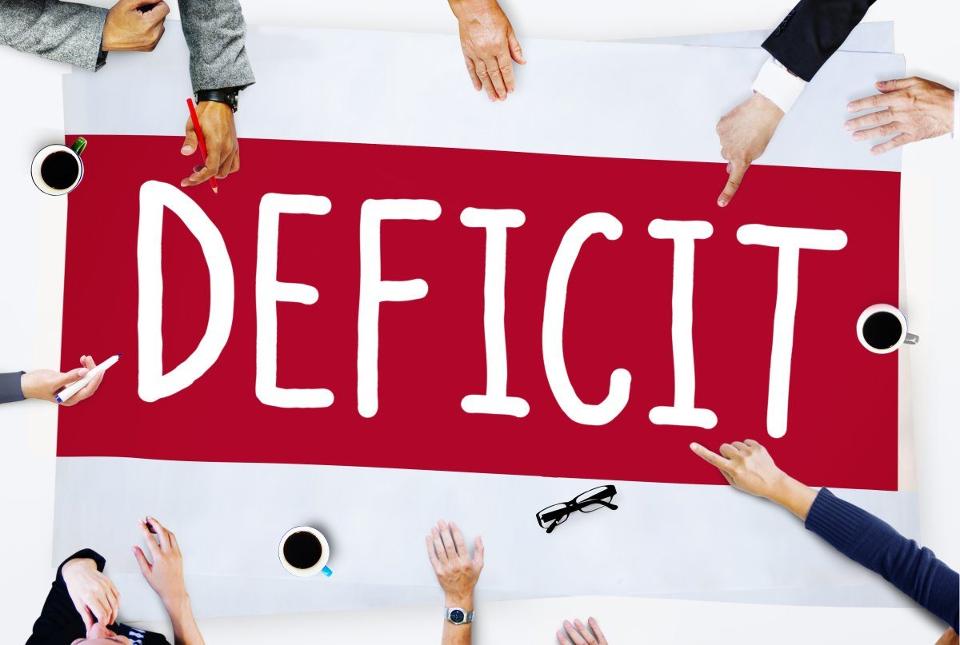It’s good news If your boss is trying to plug a deficit in your workplace final salary pension, but the bad news it’s your money the firm’s spending.
Even if workers have no call on the cash in the pension, many are picking up less pay because their salary is diverted into keeping the pension scheme afloat.
A new study by the think tank Resolution Foundation has looked at direct benefit pension data and revealed how a pension in the red can impact on what a company pays as salaries.
Companies have had to find £24 billion to prop up their pensions last year, says the report.
£2 billion in lost wages
Of that £2 billion would have gone to pay packets and for the average worker, that means losing up to £225 salary every year.
The study points out how unfair this is to younger workers who cannot join an employer’s final salary pension, but still lose out on pay.
Around 11 million people belong to final salary pensions. Roughly 40% are retired and drawing benefits, while no more than 2% are aged below 30 and still paying in to the scheme.
The report calculates that every if a firm pays extra cash equivalent to 10% of the wage bill into a pension in deficit, this results in a 1% reduction in hourly pay for every worker.
Undisputed pension link with pay
“The implication is that such employer contributions are lowering average employee pay by between 0.2% and 0.3%. Converting that hourly pay effect into an aggregate annual figure suggests that direct benefit deficit payments are directly lowering employee pay by between £1.4 billion and £2.2 billion a year,” says the report, The Pay Deficit.
“This means that in the region of 10% of the £19 billion elevation in special payments can be directly associated with lower hourly pay. The remaining 90% is likely to be spread across a combination of wider wage spillover effects that include non-pension deficit firms, reductions in profits, or lower investment.”
Direct benefit pensions are generally based on length of service and salary level at retirement. They come with guaranteed cost of living rises and sometimes other benefits, such as guaranteed annuity rates and pensions for spouses.
